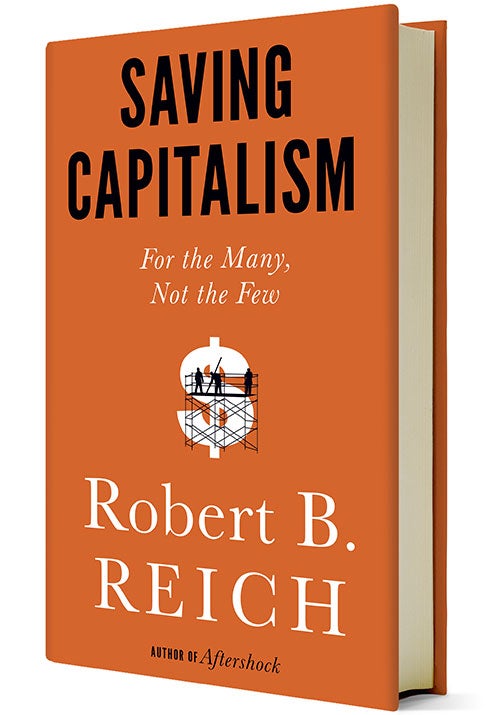RIP CPR

My
friend Carlton Porterfield Robardey (CPR) passed away on Monday February 8,
2016. He was a major influence in my life. I first met Carlton in
the summer of 1983 when I was a new hire at Texarkana College. I was
working on preparing for fall classes when Royce Granberry, Jerry Wright and
Carlton dropped in on me. Jerry was actually retiring and I was replacing
him. It seems that these guys, probably led by Carlton, had cooked up
something new for me to do. Carlton was very concerned with science education
and elementary science education in particular. They wanted me to create
a biology course for elementary education majors. They also wanted to
create a physical science course. Delbert Dowdy was given that job.
We implemented these courses at TC the next year in fall 1984. I really
didn’t know what I was doing but Carlton guided me. He would say, “hey,
let’s go to this workshop or let’s go to this convention” and so I gradually
learned about elementary science education and I think Delbert and I were able
to create some pretty good courses that the students liked.
A few
years later, Carlton says “we need to get a grant to help in-service science
teachers”. He made contact with folks bringing out a new hands-on science
program called FOSS. They got us in with the groups doing field
tests. So off to Dallas we go for training. We then used this
program as a basis for a Texas Higher Education Coordinating Board Grant to
train in-service elementary science teachers using FOSS as the activity base.
Dr. David Brown was our fearless leader as project director because Carlton and
I didn’t want to deal with the grant red tape. It was a very successful
grant.
A few
years later some students came to us saying they wanted a teacher certification
in elementary science. They were excited by the science courses at TC and
the science teaching methods course Carlton taught at what was then East Texas
State University at Texarkana. We then talked to Dr. Stephen
Hensley, ETSU president and Dr. Carl Nelson, TC president. Carlton was,
of course, very persuasive and we pulled it off. He had great verbal
skills. We would use TC science professors with doctorates, and now joint
appointments, to teach the necessary upper-level science courses at ETSU.
So we were now certifying science teachers.
A few
years later, a friend of ours in the science education community (Dr. Karen
Ostlund) convinced the director of the Texas Regional Collaboratives for
Excellence in Science Teaching that we should get a grant. So we applied
and received grants for about 15 years. Unfortunately, before our very
first collaborative meeting with science teachers Carlton had a stroke. I
carried along alone until the grant became a little too much and I didn’t apply
anymore.
So you
see that Carlton was very instrumental in the success that A&M-Texarkana is
now enjoying in science.
I
never knew CPR 1.0 who I understand was a pretty wild and crazy guy. I
knew CPR 2.0 very well. He was a wonderful mentor, colleague and
friend. He was like having another brother. He loved people and
especially science teachers—of course he married one! He never met a
stranger. He was one of the most giving people I have ever met. He
loved his family. All of them, the biological children, the adopted
children, the step children and all the grandchildren. He often worried
over them as they experienced challenges in their lives. He loved his
wife, Debbie, dearly.
I have
missed him for a long time now. I know he has been released from a fickle
body and is soaring with all of the other departed science teachers.
 I am in the process of reading this and it is an excellent book. Dr.
Mukherjee is a wonderful writer. He is able to explain things to the
general reader in an understandable way.
I am in the process of reading this and it is an excellent book. Dr.
Mukherjee is a wonderful writer. He is able to explain things to the
general reader in an understandable way.










